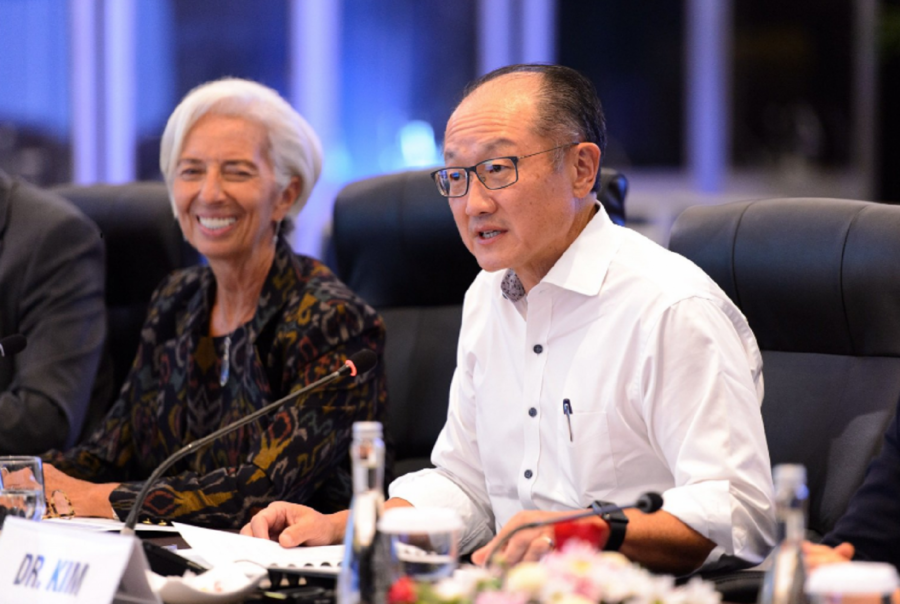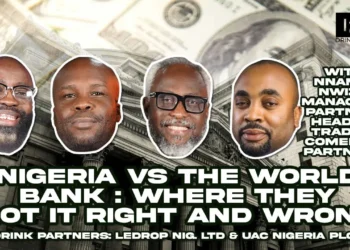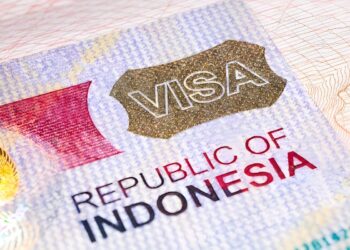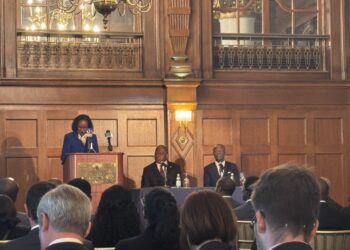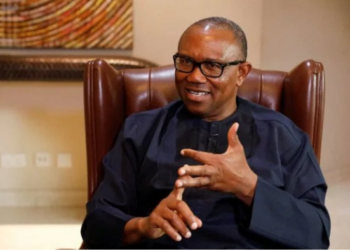The International Monetary Fund and the World Bank kicked off event to mark the 2018 Annual Meeting in Bali Indonesia on October 8th through to 14th. The week-long event attracts top economic leaders, ministers and governors around the world championed by Jim Youg Kim and Christine Lagarde; World Bank Group president and IMF boss respectively.
The summit also had in attendance the economic circus from Nigeria – Godwin Emefiele, governor of the Central Bank of Nigeria, Udoma Udo Udoma, Minister of Budget and National Planning; Mrs Zainab Ahmed, Minister of Finance; Mary Uduk, Director General of the Securities and Exchange Commission (SEC); and Patience Oniha, Director General of the Debt Management Office (DMO).
The event gathers economic overseers, key decision makers, top executives, CEOs, diplomats, and ambassadors; the aim of which is to deliberate on topical issues and discuss rising risk to emerging markets.
The summit also serves an avenue to release strategic researched statistics by the pioneer organizations, same will form reference used my emerging market to grade their economic prosperity and chart a new course of economic outlook.
The Minister of Finance and Minister of Budget and National planning in a session with CEO of Standard Chartered, Bill Winters
Sovereign-Investor group meeting. Remarks by Minister of Finance. #IMFWBAnnualMeeting2018 #IMFmeetings 3/3. pic.twitter.com/g1uwwbd2Ze
— Federal Ministry of Finance (@FinMinNigeria) October 11, 2018
Finance Minister @ZShamsuna and her Budget & Planning counterpart have just concluded a Sovereign-Investor Group meeting hosted by the Standard Chartered @StanChart .
Both ministers assured investors on the safety of their investments & political stability ahead of the elections. pic.twitter.com/j1Et8v1GES— Federal Ministry of Finance (@FinMinNigeria) October 11, 2018
while CBN governor sided by Director General of Debt Management Office will go in talk with delegates from European Investment Bank.
These are the rundown of issues discussed at the summit as it affects Nigeria up till this moment.
Nigeria 2018 economic growth.
IMF through Deputy Director of the Research Department, Gian Maria Milesi-Ferreti, announced a reduced economic growth speed for Nigeria. It is expected that economic projection will grow at a slow 1.9% from 2.1% it earlier forecasted.
Nigeria Human Capital Index
The world bank yesterday released Nigeria scorecard on Human capital index. On the index, Nigeria ranked 152 out of 157 countries. Out of consolation, Nigeria isn’t the only African country caught in the red zone. The Human capital index is the first of its kind by the world bank to rank selected countries based on quality of health and education infrastructure.
Commenting on the low performance, World Bank President emphasized the need to develop human capital above hard infrastructure (road expansion and rail track maintenance which it earlier posited as a priority. The reins have turned and it’s time for African countries particularly Nigeria to intensify effort on human capital investment by way of quality education and effective health system. It recognizes the vulnerability of children to low education and health and charged world leaders to respond and take action. The index arose a call to action tagged #investinpeople.
Dependence on Oil revenue
Christine Lagarde, IMF managing director described the overdependence of Nigeria on oil revenue as unhealthy, speaking on the need to explore other revenue sources. She posited a tight monetary policy, ginger in domestic revenue and structural reforms will help shift focus from oil revenue.
There is still much to expect from the summit. CBN governor and Minister of finance will join the African caucus meeting headed by Christine Lagarde and Jim Kim, the World Bank president on 14th October. #WBGMeetings.

